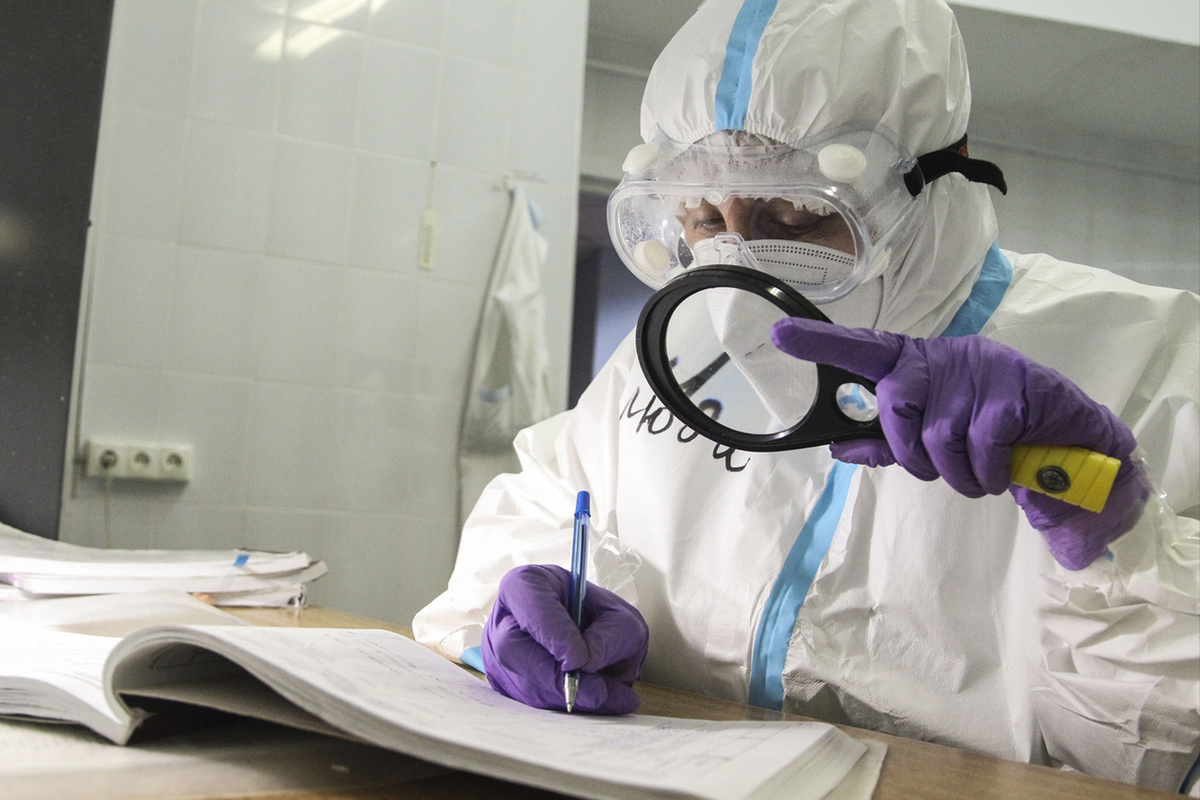Animal corpses, rodent breeding, cholera and plague: the nightmare in the Orenburg region is just beginning
[ad_1]

Flooding in Orsk and Orenburg is an emergency situation that can lead to massive infectious diseases of people and farm animals. Epidemiologists told MK about the possible risk of cholera, hepatitis, typhoid fever, plague, and anthrax. Experts’ forecast: residents will feel the consequences of the disaster for many months after the water disappears.
Associate Professor of the Department of Disaster Medicine, RUDN Medical Institute, Ph.D. Yulia Paskhalova says that the flood that happened in the Orenburg region is classified as a biological and social emergency of a topological type. What does it mean?
– We are talking about damage to the water supply systems of the population with drinking water and sewerage systems and treatment facilities. Residential and public buildings, municipal and industrial enterprises, cattle burial grounds, and drainage systems are being destroyed. A large number of animal corpses appear, and rodents multiply en masse. There is an intensive migration of various groups of people, and people’s susceptibility to infectious diseases is changing,” says Yulia Paskhalova. – This can lead to the emergence of various infectious diseases, primarily acute intestinal infections with water transmission. These include: dysentery, viral hepatitis, shigillosis, salmonellosis, typhoid fever, cholera. As well as natural focal diseases – plague, anthrax, tularemia, etc.
– Can drinking water and surfaces be contaminated by sewage? Is it possible to spread cholera, dysentery, and hepatitis?
– Storm water (usually sent to storm drains) is relatively clean. The situation is more serious if, as a result of a flood or other event, sewage treatment facilities are destroyed,” answers Associate Professor of the Institute of Ecology of the RUDN University, member of the Public Council under the Ministry of Natural Resources of Russia, Ph.D. Vladimir Pinaev. – Fecal waste is more dangerous and can provoke the spread of cholera, dysentery, and hepatitis if it contains pathogens of these diseases. In fact, pollution occurs not with wastewater, but with the mass of waste that accumulates or remains uncontrolled during periods of emergency.
– Floods force people to leave their homes and seek temporary shelter. Does this factor create conditions for the rapid spread of infections due to dense living conditions, lack of hygienic conditions and limited access to medical care?
– We are not seeing an increase in infectious diseases due to overcrowding in the 21st century. The reason for the increase in infectious diseases is either insufficient control of sanitary services, or the unwillingness of residents to follow the recommendations of doctors and sanitary services. The Russian Ministry of Emergency Situations, like the special services of other countries, has significant experience in deploying temporary camps for victims and organizing the necessary conditions, including sanitary conditions, in temporary accommodation centers. Nowadays, the spread of pathogenic organisms may arise more due to a lack of culture in people than due to a lack of sanitary standards, since hygiene products and disinfectant materials are available in abundance.
– Why is the abundant accumulation of garbage and waste at the site of a disaster dangerous?
– Biological waste can attract wild and urban animals, which can be carriers of diseases and pathogenic organisms in general, and during the natural processes of decay, oxidation and fermentation, they increase the risk of the development of pathogenic organisms.
– What sanitation and hygiene measures need to be taken in the Orenburg region to ensure sanitation and hygiene?
– First of all, measures aimed at minimizing the impact, of course, in the flooded areas themselves and in places of temporary accommodation. These include amenities with hot and cold water, and good food.
– What awaits the victims after the water recedes?
– It is important to understand that the consequences of the flood will remain. Therefore, it is necessary to prevent mass infectious diseases, recommends Yulia Paskhalova.
1. Before drinking, settle and boil drinking water to avoid acute intestinal infections through water transmission. If the quality of water deteriorates, use bottled water.
2. Provide medical monitoring of the health status of the population, sanitary supervision of accommodation conditions, catering, water supply and bath and laundry services.
3. Destroy pathogenic microorganisms, rodents and harmful insects.
4. Conduct vaccination and emergency chemoprophylaxis.
5. Introduce regime-restrictive measures – observation and quarantine.
6. Conduct sanitary awareness-raising work among the population.
[ad_2]
Source link








